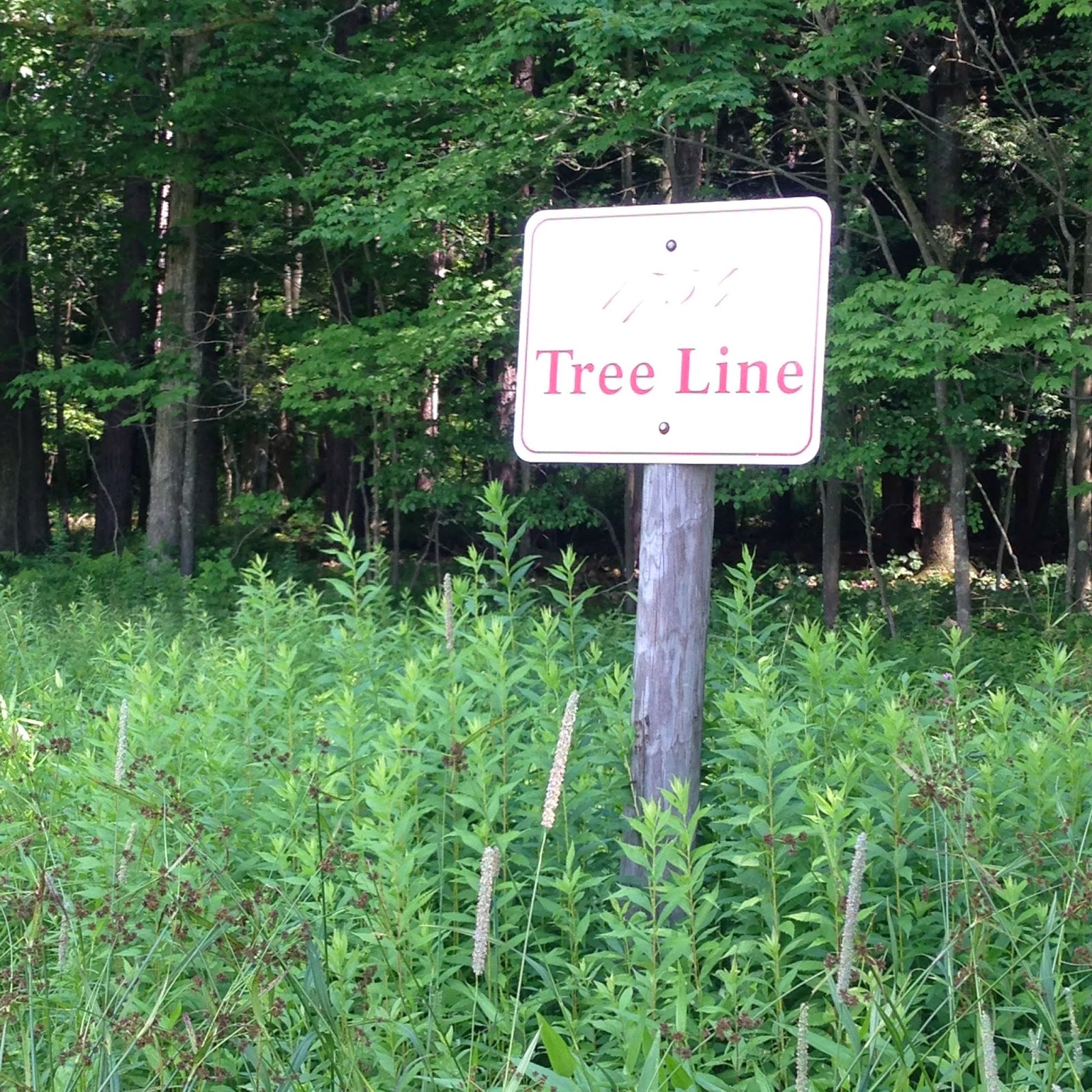 |
| Looking at wampum beads and finding how they were made using shells. |
 |
| A rifle |
 |
| The fort was hastily built and it didn't look like it offered much protection |
 |
| The small building inside the fort housed amunition and food supplies |
 |
| When Washington Surrender they had to give up most of their supplies to the French |
 |
| Outside the fort were dirt berms and light weight cannons used by the British |
 |
| The fort flew the British Naval flag of the time. |
 |
| We were told the tree line surrounding the fort was much closer and it gave the French and Indians great cover which was a serious problem for Washington |
 |
| Unlike today the forest was very thick and some diaries of the time say not a single ray of sunlight touched the ground so it was perfect cover for the French |
 |
| We got to watch some re enactors fire off a short cannon and a rifle |
 |
| We were told that this was a very dangerous job back then |
 |
| UP close view of the cannon |
 |
| examining Wampum belts |
 |
| petrified pieces of wood front he original fort |
 |
| The last battle of the French and Indian war took place in Manila, Philippines, as my kids like to say, it really was the first World War since they were fighting everywhere. |
 |
| Just down the hill from the Monument was the actual road that Braddock was building |
 |
| View of the road he was building along with George Washington from his original grave site |
 |
| Shortly after seeing Braddock's grave we saw a marker which is the original National road that George Washington envisioned. |










Wow, what a cool field trip! I've never seen a cannon like that before!
ReplyDeleteI certainly didn't know anything about the national road. I have read books on the George Washington and the revolutionary war. I found this so interesting. You are giving your children such a marvelous hands on education. I just love following your adventures.
ReplyDeleteBlessings for this one; I really enjoyed it.